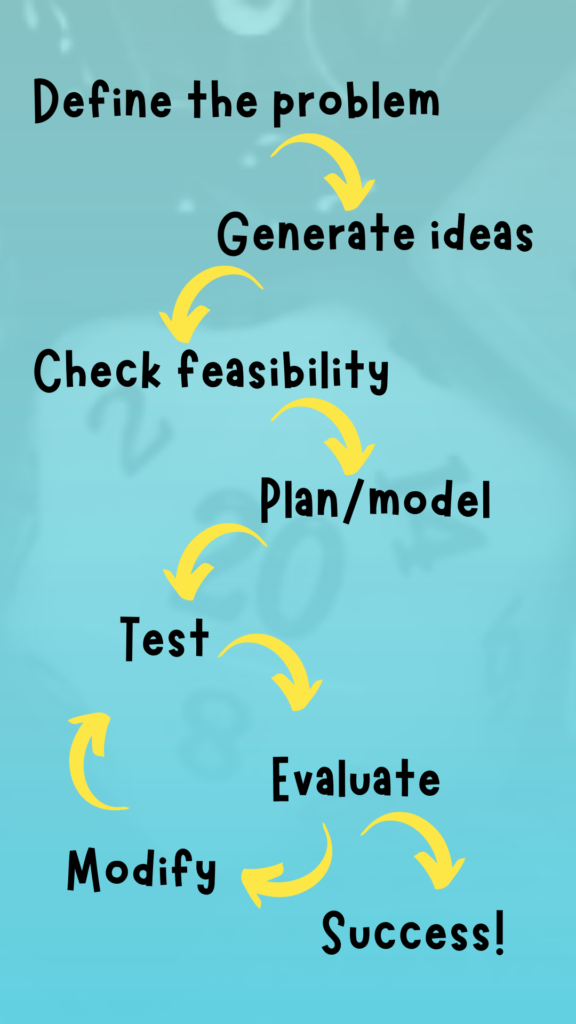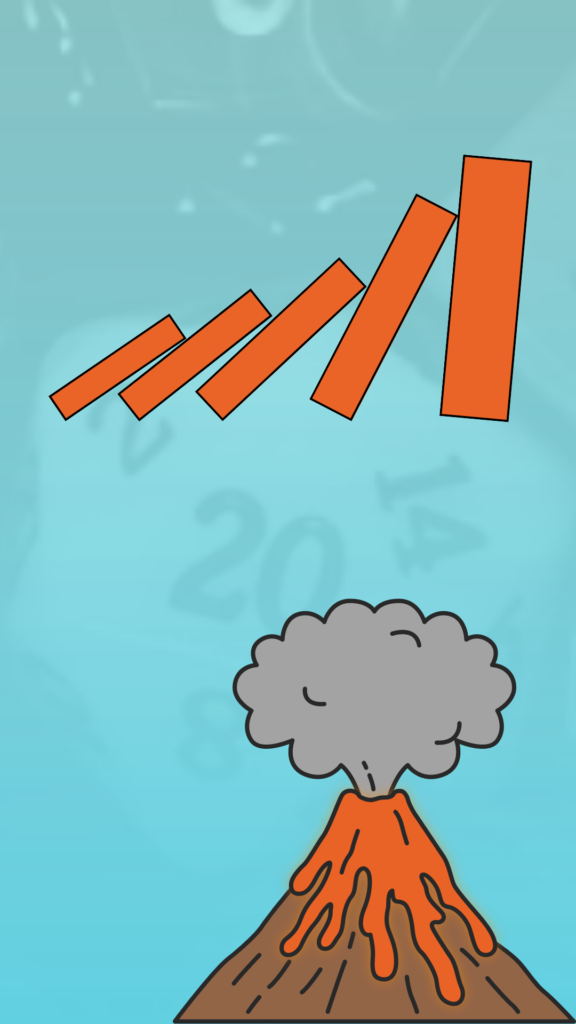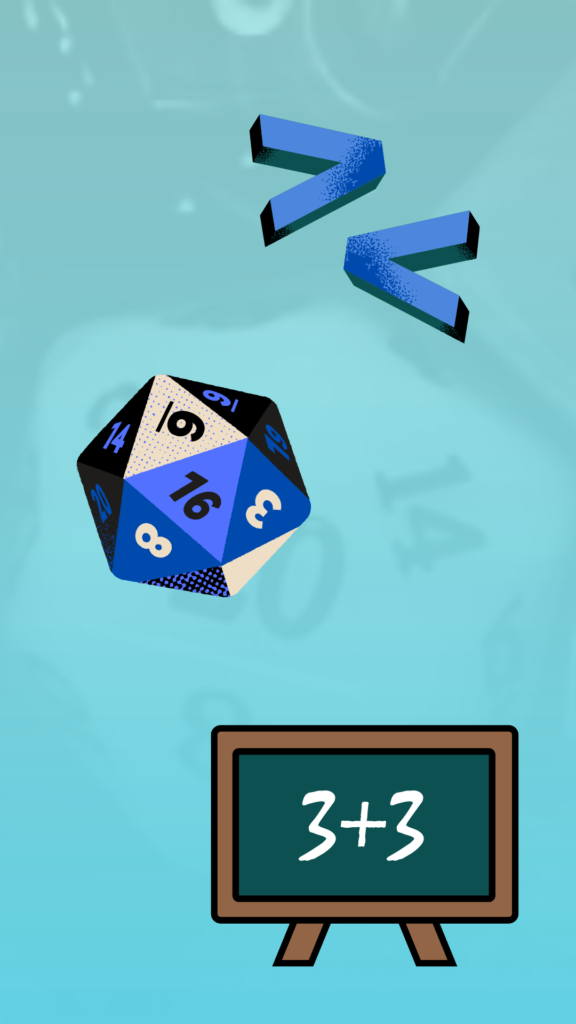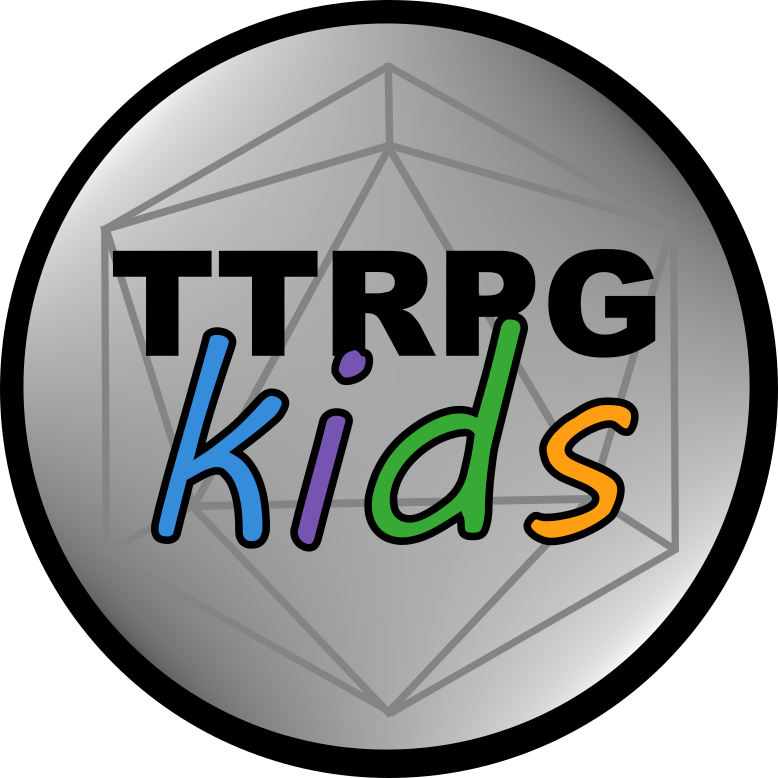How Tabletop RPGs have helped my 5yo kid and me
Jump to:
- Creativity and challenges
- Curiosity and problem-solving
- Cause and effect
- Reading and writing
- Math and meaning
- Bonding and family
- And A LOT more!
Note on natural growth with age:
A lot of the growth that both my kid and I have experienced does naturally come from my kid being a couple years older and from me getting more XP as a parent. However, I do believe that a lot of this also is affected by our time playing TTRPGs together and am focusing on the elements of growth where I see a clear link to our games.
An explosion of creativity channeled into facing challenges
It’s funny going back to read the previous article and seeing where we were with my kid starting to ask questions and direct the story where he wanted. Now, he’s coming up with elaborate worlds and characters that he draws, tells stories about, and brings into our games.
His favorite, and most detailed, is about The Kitty of Socks, who is a magical anthropomorphic cat that fights skeletons and occasionally teams up with Luigi and Spider-Man to save the world from calamities like swarming bees or the world’s worst thunderstorm (it was caused by a rain ghost).
He often has his characters face challenges that he’s been scared of and having them come out victorious through wild shenanigans, talking through different scenarios, asking questions about how the issue could be solved, and so on.
I love this because he’s using the stories in our games as a creative outlet to acknowledge that something bothered him, find a way to face it, and share it with me in what’s now our own kind of special storytelling language. It’s helped me to also understand what he’s facing in his internal world so I can help him, and it’s helped me to learn to open up about some of what I’m facing too instead of just locking it all in.
Constantly approaching TTRPG problems with curiosity and practicing problem-solving skills
When we first started playing TTRPGs and approached a problem, my kid would ask questions about it and make some suggestions, but he would either jump in with his idea without really thinking about it or would do the opposite and be pretty afraid to try something because he didn’t want to fail.

Now, after practicing our approach to problems and challenges over and over and over again in our games, he’s coming at new issues from a point of curiosity and has gotten into a really good pattern (very similar to the engineering problem solving process) to think about his ideas before acting.
This translates into real life too! When he faces a challenge, like trying to figure out how to merge two different styles of train tracks together, he sits and looks at it, maybe talks himself through some ideas, and then figures it out without getting frustrated when it doesn’t work the first time. He asks questions, comes up with lots of ideas, and is resilient when attempting a new process or idea. We practiced learning to cope with failure via turning poor dice rolls into new opportunities and seeing that our characters get back up and try again.
For me, this has helped to practice coming at issues or events in a way that allows me to be a little kinder to myself. While I will probably always be practicing this, I’ve noticed that I’m also way less focused on acting immediately and precisely and am more focused on waiting and giving myself time to process and think when approaching a problem by seeing my kid learn to do this too.
Learning about cause and effect from in-game actions
A couple years ago, my kid was learning cause and effect in terms of an impact to the story occurring because of a choice between path A and path B in our “choose your path” style story games.
Now, with our more open adventures, there’s no path suggestions, just open decisions that my kid makes for his character, and he’s seeing how his freedom to choose has an impact… and he is learning from it!

One of my favorite stories for this is when my kid decided that his character should blow up a volcano (instead of saving the island) because he thought it would look cool. After talking about it, we went with his final choice, and the volcano wiped out the island in an epic explosion!!
And then the story came to a natural close because the island was gone.
The next time we played, he found fireworks in a castle and wanted to light them…. But he moved his character outside, saying it was safer for his character and everyone in the castle (and did a call-back to the volcano when we talked about it)!
Translating this to life outside the game, he’s actually started to express a sense of self-preservation when obviously contemplating risky stuff like trying to get a snack from the top shelf in the fridge (which would require stacking and climbing up toys that he was prepping and I watched him decide against on his own). From our RP/NPC interactions, he’s connecting the dots on a lot of social situations like following up on promises (for example, honoring a toy-sharing deal he made with a kid at pre-K) so you can build trust.
For me, it has been cool to watch him learn about his impact on the world, and it has helped me to see a lot of my impact too. In one of our games, my kid talked about how the best way to help a town was for his character to become a teacher “like mommy” and gave me a short speech about how having a teacher would cause X, Y, and Z to happen. I, quite literally, cried because I hadn’t really taken the time to think about my impact as a teacher in a long time. Seeing him constantly growing his sense of cause and effect has been fuel for a lot of my enthusiasm with both teaching and TTRPGkids itself.
Creating an interest in reading and writing to interact with the game
Starting to play at 2.5 years old, my kid could not read. Now, he still cannot fully read, but he’s learning and he WANTS to read so he can play our games without help… and write his own games.
Each session, we practice sounding out words on our character sheet or in the book, and I even made a story game that has you cast spells by reading and writing words, and he actively asks to play and will engage with the “worksheets” because he wants to progress the story. He also has started writing post-session scribble stories, mostly about the previously mentioned Kitty of Socks, where it’s a jumble of letters and symbols, but he’s trying, he’s practicing fine motor skills, and he’s engaged with that practice. He enjoys it and does it for fun!
The impact of this also ties into his math skills….
Practicing math and giving it meaning via TTRPGs
With any TTRPG, there’s usually some kind of math element, even if it isn’t obvious. Pattern recognition in games without numbers, intuitive probability learning, and more all build a foundation for math skills, and we practice these with every game we play and every new set of mechanics that we try out.

Because we review (and thereby play) so many games, we’re constantly switching systems and picking up different math skills in different ways. A particular d4 system helps practice adding small modifiers and dice numbers, another system that has a straight pass/fail criteria helps practice greater than/less than on a 1d20, and a card-based game helps with matching numbers in a table.
And the games that we play give that math purpose! It’s engaged learning through play, so my kid is having a positive experience and seeing the value in learning to read and do math because he sees how it gives him autonomy and lets us try new things. He’s getting the practice and growing his bank of skills AND he’s associating this learning as being enjoyable.
For me, it’s helped to give me perspective on a few parts of my own life growing up and to heal. When I was a pretty young kid, I did a lot of learning and practice to get good grades because I believed that if I didn’t succeed academically or career-wise, my life would be ruined and people wouldn’t like me. I do not believe that now, but those experiences set me up for prioritizing “success” at the cost of happiness for a long time, and I’ve had to undo a lot of it. Seeing my kid learning for fun and because he wants to use it to play and enjoy life is both a proud parent moment and also a daily reminder for me to see that I’ll also learn by having fun (like the skills I’m picking up from playing TTRPGs with my kid), and that “success” can be enjoying the learning process too.
Spending time, just having fun, as a team and family
TTRPGs have been a fantastic way for us to come together on the same team.
There’s always tough situations with being a kid or a parent, like a parent needing to say no to stopping for ice cream after having cake at a birthday party leading to the kid having a backseat tantrum because they have the loss of that ice cream in their head.
We’re both navigating the constantly changing states of childhood development to figure out how to work together, what we want, the parent/child relationship, and our boundaries. This can cause a lot of frustrations and friction along the way, and that’s normal! We work it out, talk about it, and get back on the same team over and over as we grow.
That said, one of the really cool ways we’ve been able to come together and create some awesome and positive memories has been through playing TTRPGs. We take turns running the story, if it’s a journaling game or a GM-less game, we’re on the same team performing epic feats together, and we’re setting aside that time and space to have appreciate and enjoying being around each other!
AND SO MUCH MORE!
I could keep going too… there’s a plethora of social-emotional learning details that I could dive into, I could talk about how TTRPGs help my kid to see that adults can have fun and enjoy life, we could get into how we’ve incorporated subjects like astronomy and geology into our games, I can talk about how we learned the ASL alphabet through Inspirisles or about how we did a bit of research on New Zealand because of Kiwi Acres…. My kid and I have been helped in a lot of ways by TTRPGs! While the journey hasn’t always been smooth (because what good journey is), we have had fun along the way, and we look forward to what this continuing adventure brings!
Thank you, reader, for following along to the end! I hope this article has helped show how TTRPGs can help kids and also help the whole family. I’m excited to hear more stories about kids growing up with TTRPGs, so please feel free to share below, and, until then… happy gaming!
If you liked this post, make sure to subscribe to the TTRPGkids monthly newsletter to stay up to date on the latest reviews, tips and tricks, game and podcast list updates, and more! Thank you for playing tabletop RPGs with your kids and sharing this awesome hobby with the next generation!



It’s really inspiring reading how you and your kid have forged so many memorable and important experiences together through TTRPGs, and how helpful it has been in your kid’s development.
You said it’s great that your journeys are helping your kid and you, but they’re also helping the TTRPG community as a whole! Best of luck with the ENnies!
Thank you DanDMadeEasy! I’m glad this XP can help the community, and thank you on the well wishes for the ENnies!